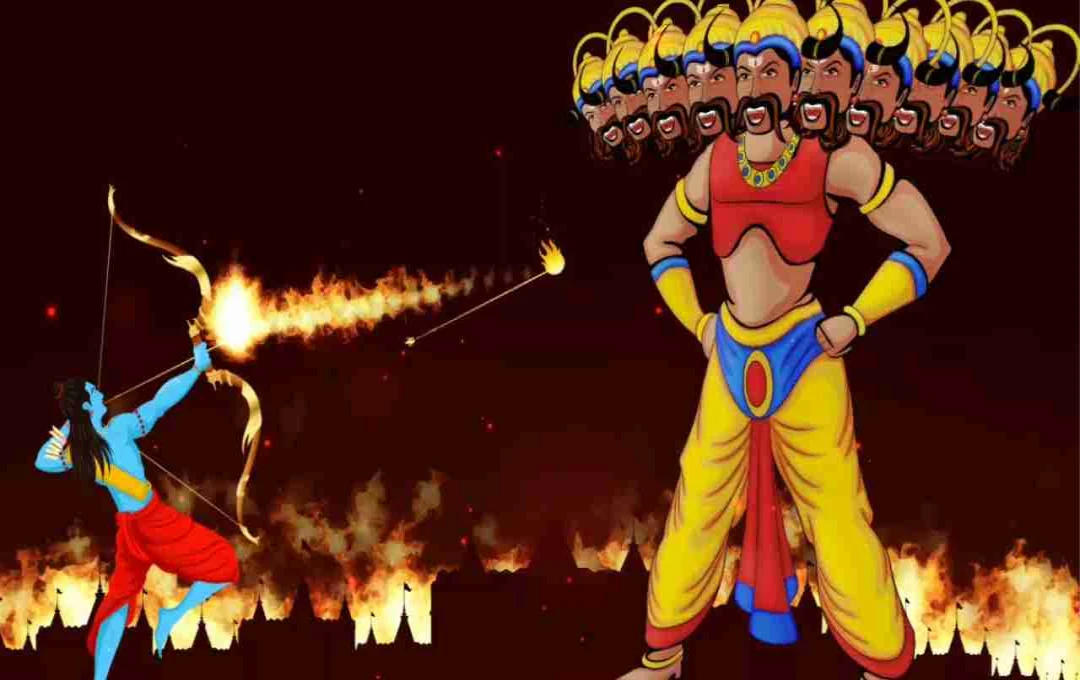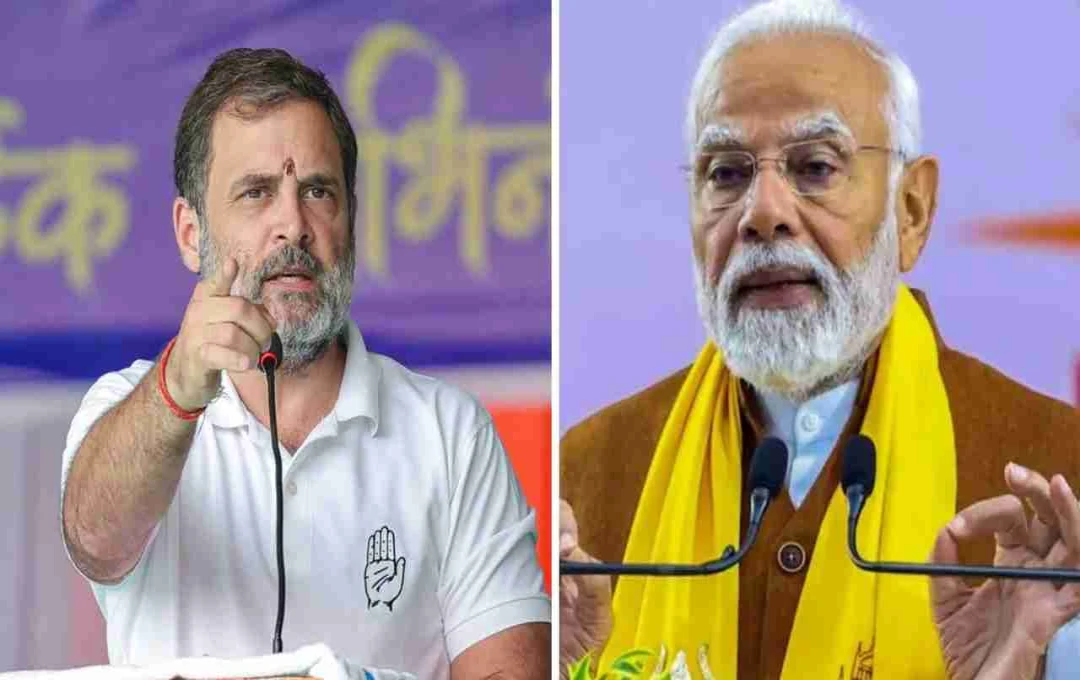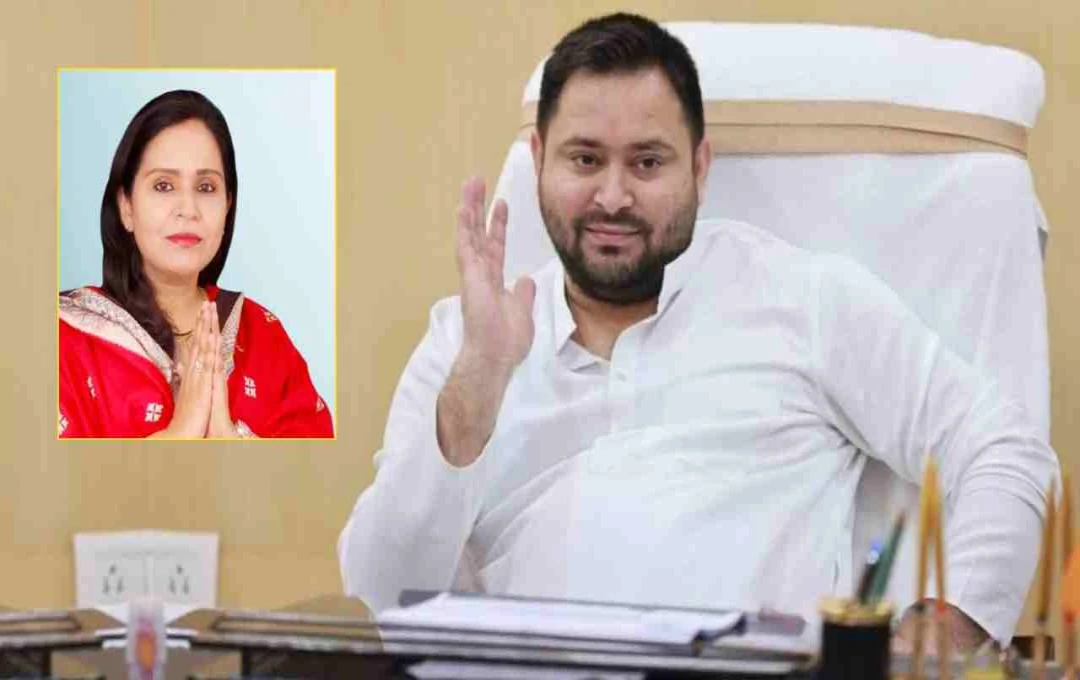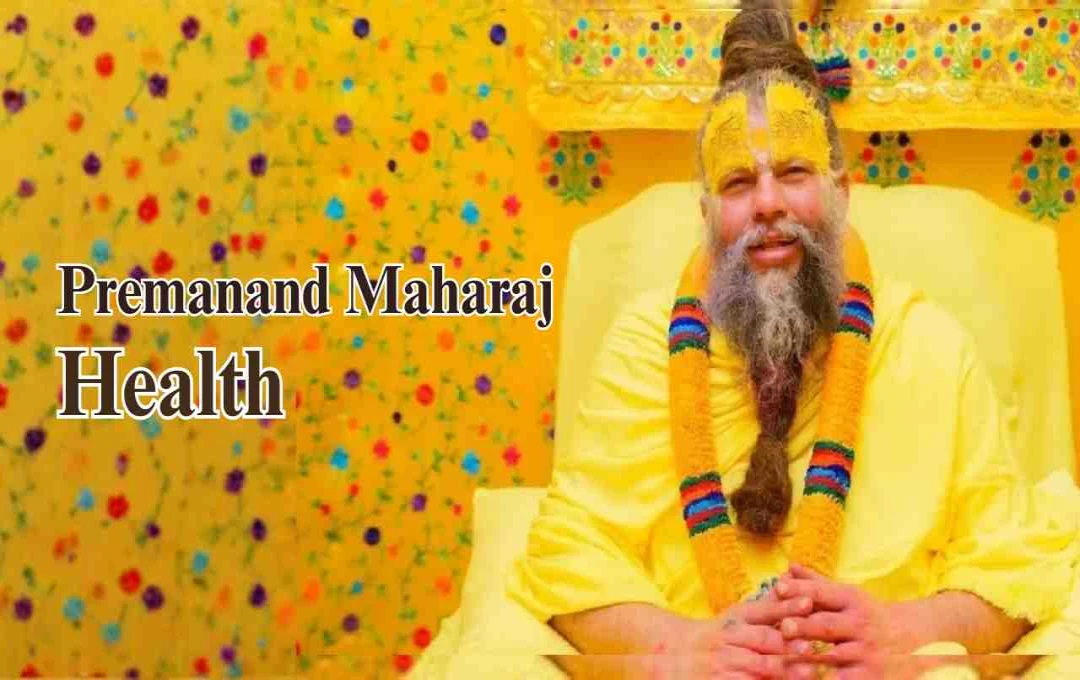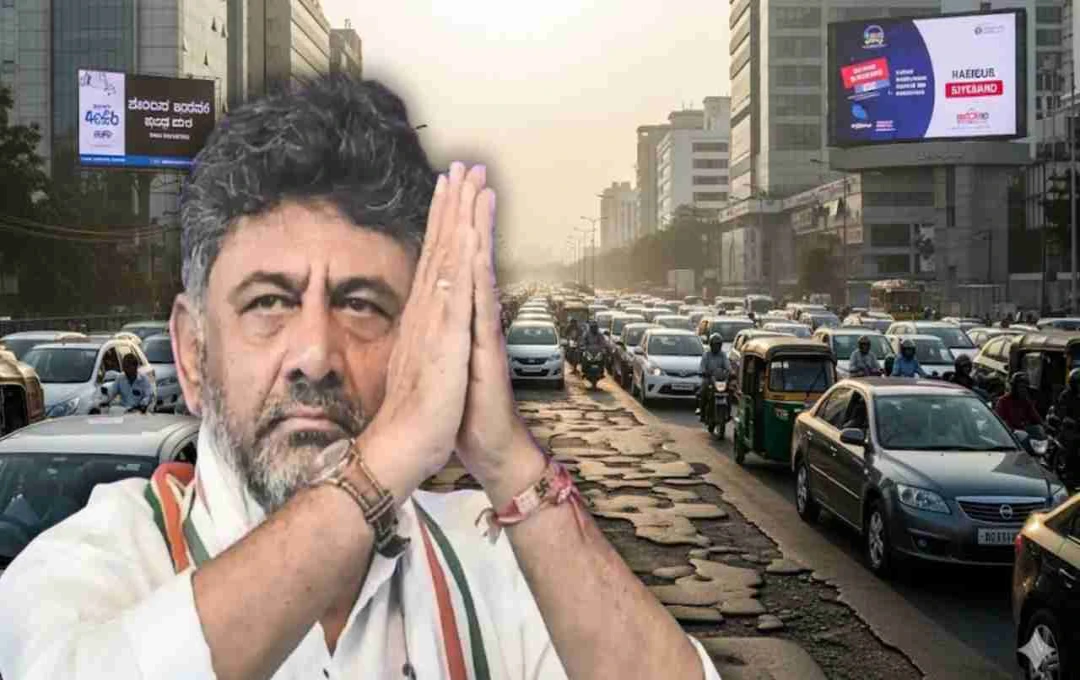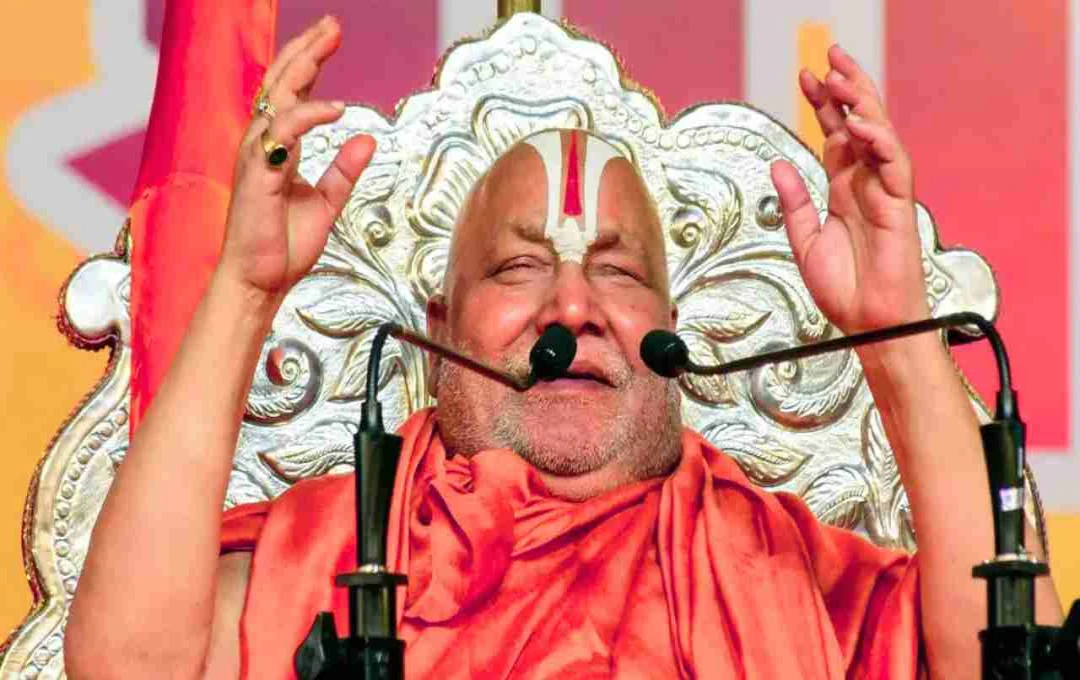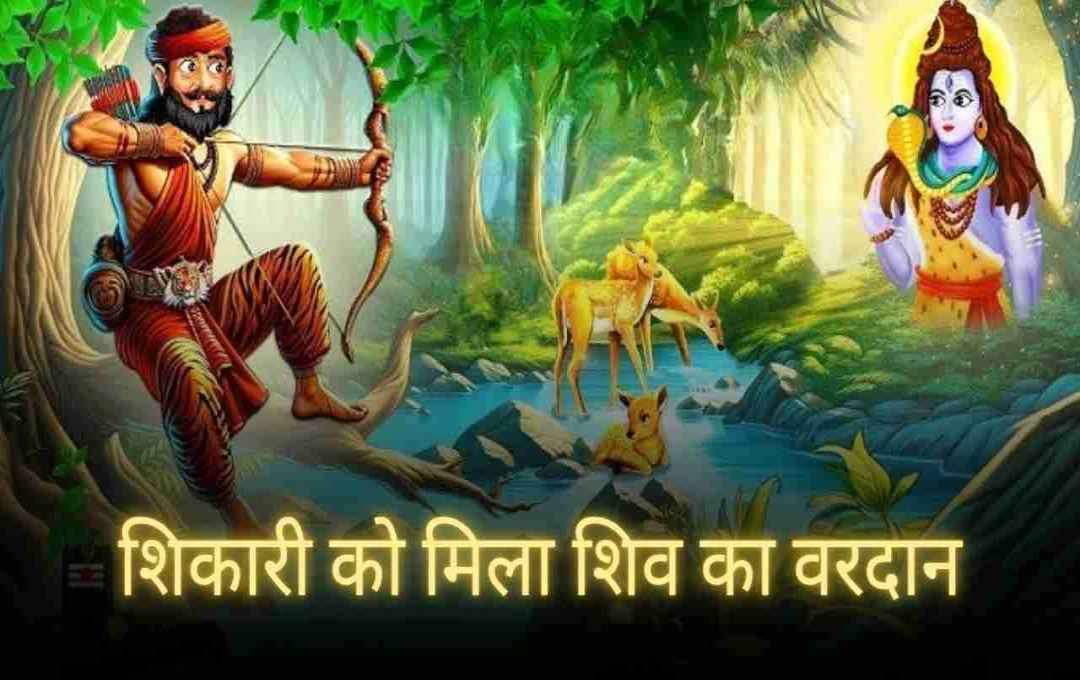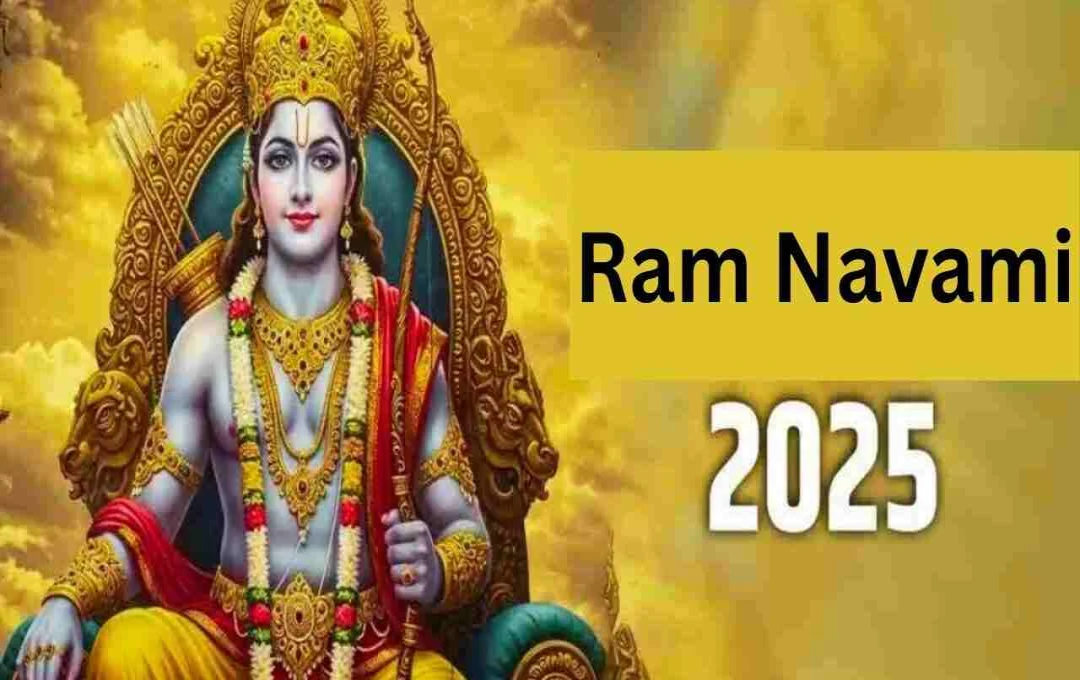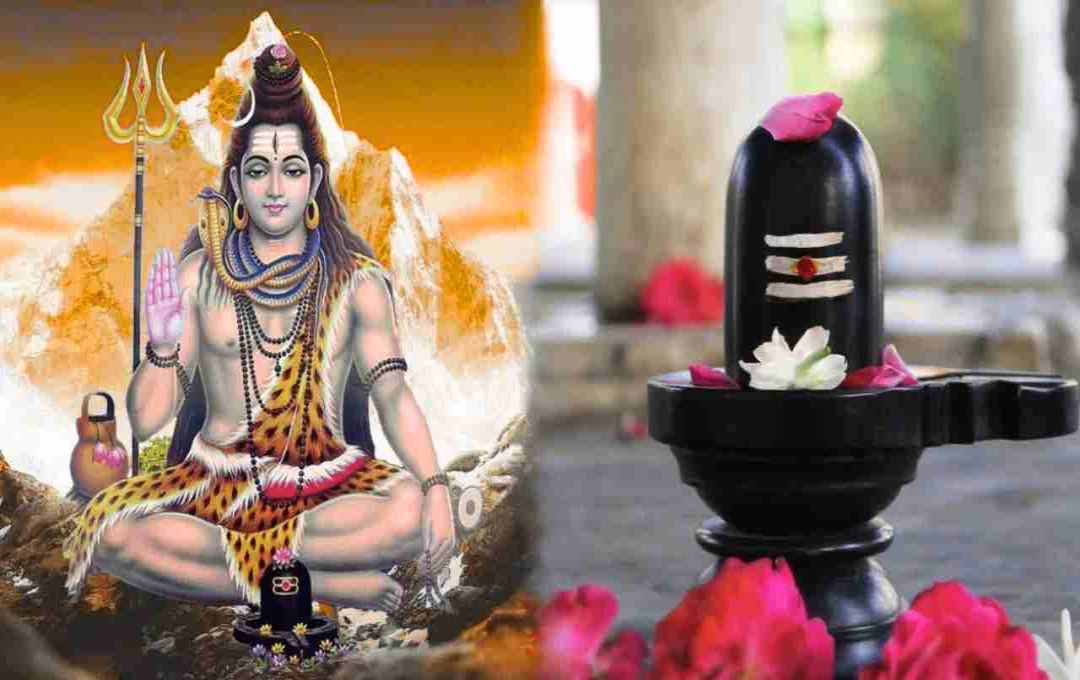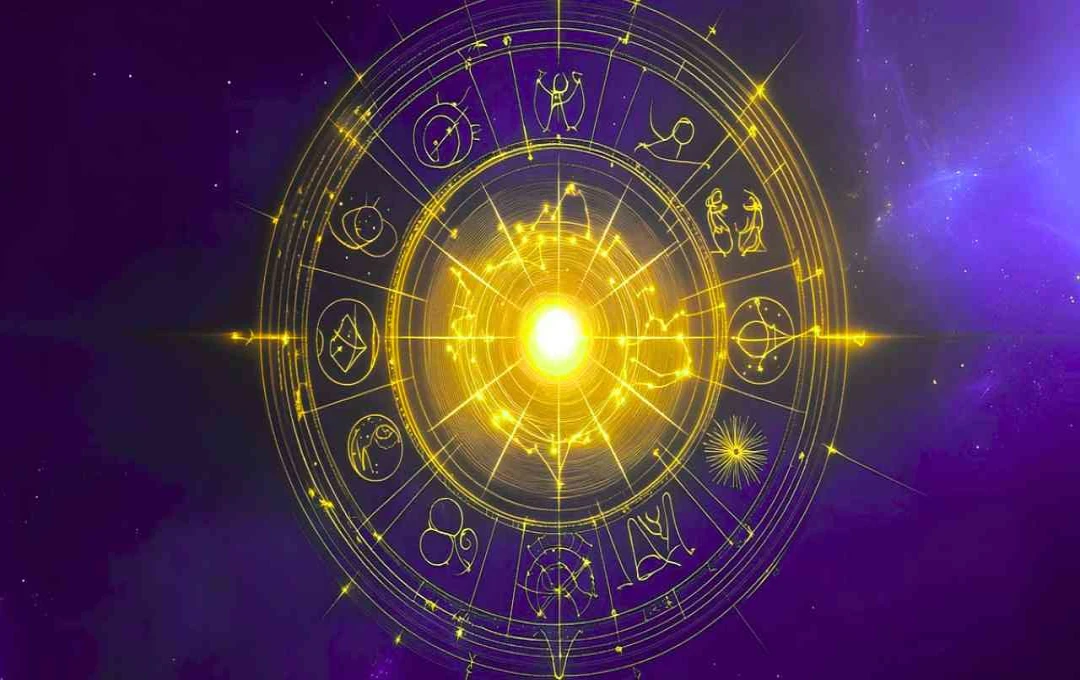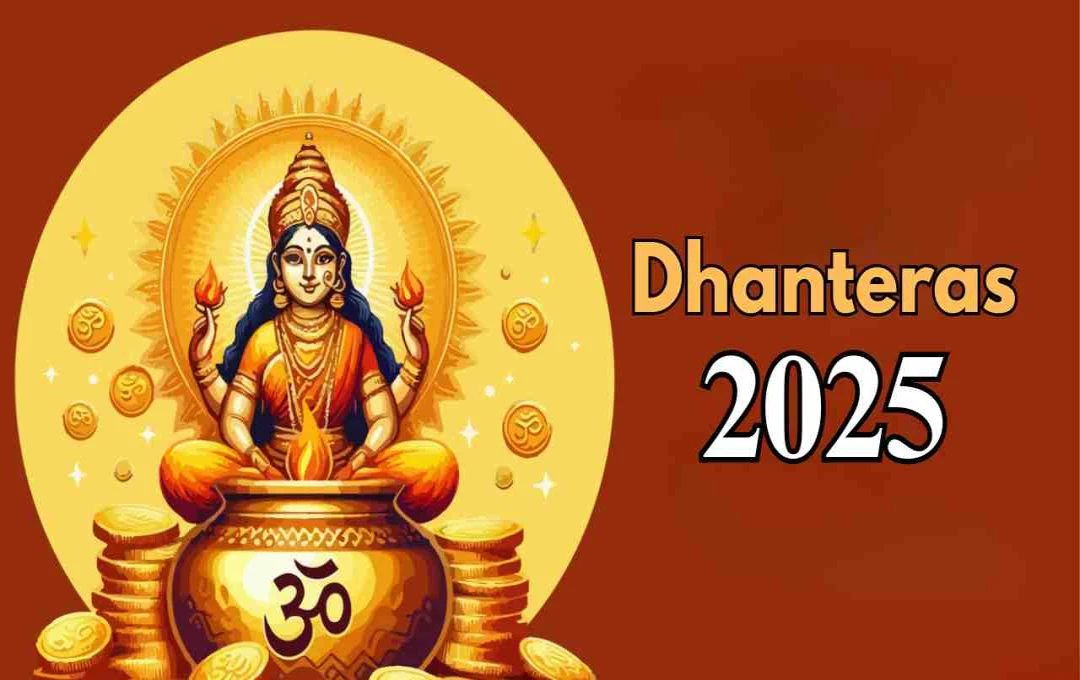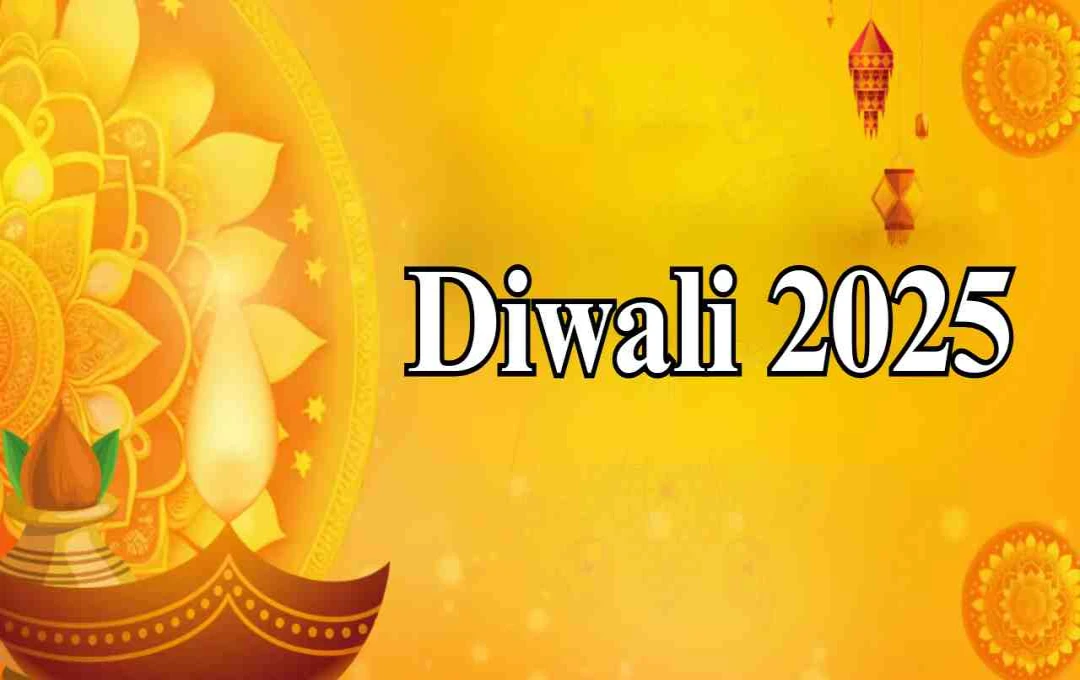Ramayana narrates Ravana's demise after a great war, but even more intriguing is the question of who performed his last rites and why. This question arises in every reader's mind. Ravana's younger brother, Vibhishana, initially refused to perform the cremation rites, but this article details what and why he did so after Lord Rama's intervention. We explore Ravana's death, his final moments, Vibhishana's resistance, and ultimately, the lesson from Lord Rama.
Ravana: A Great Warrior, Scholar, and Arrogant Demon
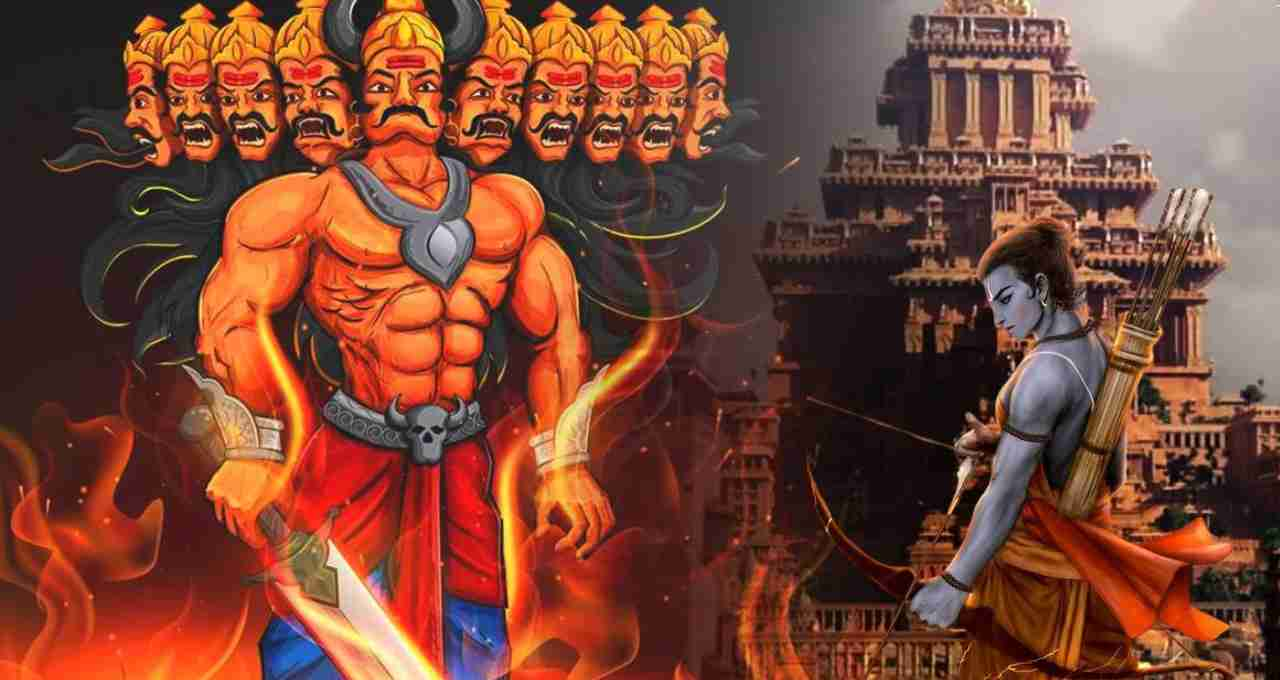
The name Ravana conjures up an image: a ten-headed, immensely powerful demon who abducted Sita and waged a fierce war against Lord Rama. However, Ravana was not merely a villain; he was also a prodigious scholar, a great musician, a devout Shiva devotee, and a warrior of immense power. The king of Lanka, Ravana, was known for his intelligence and strength, but his arrogance and wickedness led to his downfall.
Ravana's biggest mistake was the abduction of Sita. This act led him astray from the path of righteousness and ultimately caused his destruction.
The War Between Rama and Ravana: A Direct Confrontation of Dharma and Adharma
According to the Ramayana, when Ravana abducted Sita and imprisoned her in Lanka, Lord Rama, along with the Vanara army, launched an attack on Lanka. This war lasted approximately ten days. It was not merely a battle between two kings but a clash between dharma (righteousness) and adharma (unrighteousness), virtue and vice.
During the war, Ravana was defeated many times, but each time, his powers and illusions resurrected him. Finally, on the tenth day, Lord Rama used the Brahmastra, striking Ravana's navel – the location of his immortality. As the weapon struck, Ravana fell to the ground, and his life ended.
Ravana's Final Moments: The Utterance of Rama's Name
After his defeat in battle, as Ravana lay on the ground, he attained ultimate wisdom. This was the moment when all his ego, hatred, and wickedness ceased. In his final moments, Ravana looked towards Lord Rama and expressed his respect.
It is believed that in his dying breath, Ravana uttered the name "Rama." This indicates that he finally understood Lord Rama's divine nature and realized that only one who walks the path of dharma is a true king.
Vibhishana's Resistance: Why He Didn't Want to Perform His Brother's Cremation

After Ravana's death, the question arose of who would perform his last rites. Most of Ravana's brothers had perished in the war, leaving only Vibhishana. However, Vibhishana flatly refused. He argued that Ravana had acted against dharma, that he was a tyrant and a sinner who abducted a woman and destroyed his entire family and kingdom through his arrogance. He would not perform the cremation rites of such a person.
Vibhishana's decision might seem harsh, but he remained steadfast in his principles. He believed that any king who walks the path of adharma is unworthy of respect, even if he were his own brother.
Lord Rama's Teachings: The Importance of Humanity Even After Death
When Vibhishana refused to perform the cremation, Lord Rama persuaded him. He pointed out that Ravana was a great scholar who had deeply studied the Vedas and scriptures and was a devoted follower of Shiva. Rama also stated that when a being dies, all their sins are extinguished.
Rama reminded Vibhishana of a brother's duty to perform the last rites for his sibling, regardless of the distance or disagreements during their lives. He emphasized that this was a time for forgiveness and demonstrating humanity.
Rama's words touched Vibhishana's heart, and he performed Ravana's last rites with full ritualistic observance.
Ravana's Cremation: The End of Respect and Scholarship
Finally, Vibhishana cremated his elder brother, Ravana. Lord Rama, the Vanara army, and the citizens of Lanka were present at the ceremony. Ravana's entire life—his intelligence, power, music, devotion to Shiva, and his flaws—were all laid to rest together.
Ravana's end was not merely the end of a king; it was a message that no matter how knowledgeable or powerful one might be, if they walk the path of adharma, their destruction is inevitable.
Lessons We Learn from Ravana

The story of Ravana is not merely a mythological tale; it imparts several important life lessons:
Arrogance inevitably leads to downfall.
Knowledge and power are meaningful only when used for dharma and the betterment of others.
It is crucial to uphold the dignity of family and relationships; otherwise, they are destroyed.
After death, one should not harbor anger or hatred but should instead show forgiveness and humanity.
Ravana's life teaches us that knowledge and power, without restraint, humility, and dharma, lead to the destruction of oneself and others.
In the Ramayana, Ravana's death and cremation mark a significant turning point. It was not just the death of a king but the end of an era. Vibhishana's performance of Ravana's last rites demonstrates that one must rise above personal feelings and adhere to societal and religious norms. Lord Rama's teachings remain relevant today: forgiveness, compassion, and duty are true dharma.
